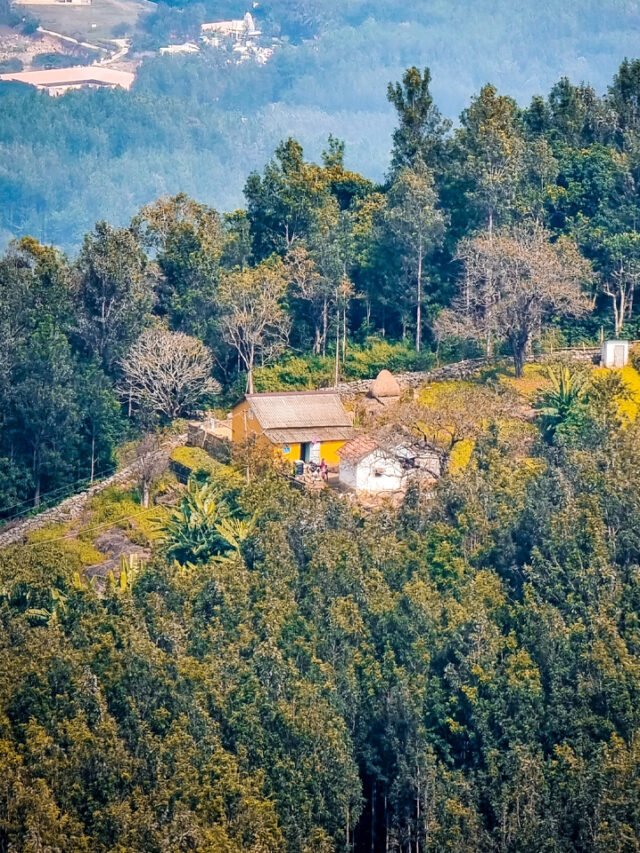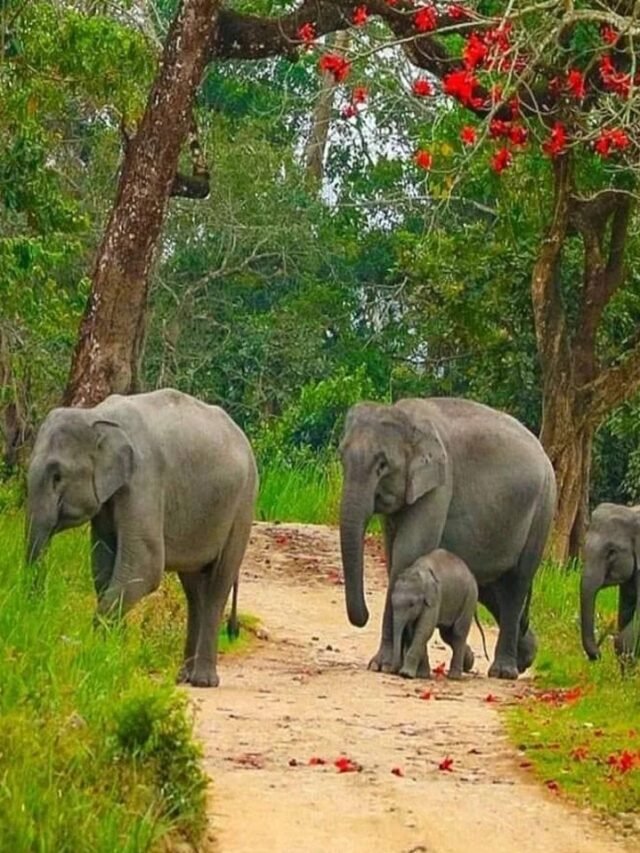The Extraordinary Journey of Pradhan Mantri Jan Dhan Yojana
By: Ashok Singhal
“Sukhasya Moolam Dharma, Dharmasya Moolam Artha, Arthasya Moolam Rajyam” (The root of happiness is Dharma, the root of Dharma is wealth, and the root of wealth is the state), Prime Minister Narendra Modi quoted this Sanskrit verse in his Independence Day speech on August 15, 2014, drawing from ancient wisdom. He emphasized the government’s responsibility to connect citizens with the nation’s economic activities, declaring, “This Government has accepted this responsibility.” Over the past decade, the government has delivered on this promise, achieving remarkable progress in driving economic growth and inclusivity.
In a monumental achievement that underscores India’s steadfast commitment to financial inclusion, the Pradhan Mantri Jan Dhan Yojana (PMJDY) has been recognized by the Guinness World Records for an extraordinary accomplishment – opening a staggering 18,096,130 bank accounts within the span of just one week. This remarkable feat, spearheaded by the Department of Financial Services, reflects the government’s relentless efforts to bridge the financial divide in the country. By extending essential banking services to previously underserved and remote areas, the initiative reaffirms India’s resolve to provide equitable access to financial resources for all its citizens, fostering greater economic empowerment and inclusivity nationwide.
August 2024 marked the completion of a decade since the PMJDY was launched by Hon’ble Prime Minister Narendra Modi from the Red Fort on August 28, 2014. This ambitious initiative aimed to empower economically disadvantaged citizens by providing them with universal access to banking services, fostering a culture of savings and giving people the tools to break free from poverty. The initiative’s central goal was to democratize access to financial systems, enabling millions of Indians to participate in the formal economy.
Since its inception, PMJDY has opened more than 52.81 crore bank accounts, transforming the lives of individuals, families, and entire communities by enabling direct financial access. These accounts serve as a foundation for direct benefit transfers, social security schemes, and economic empowerment, and have contributed to a nationwide reduction in poverty. The initiative’s impact has been felt across the country, bringing financial dignity to millions who were previously unbanked.
At the heart of the initiative is a simple, yet powerful tool: basic savings accounts that require no minimum balance and still earn interest like regular accounts. These accounts come with RuPay debit cards and accident insurance coverage, which was initially set at Rs. 1 lakh but later increased to Rs. 2 lakh for accounts opened after August 28, 2018. Moreover, account holders are eligible for an overdraft facility of up to Rs. 10,000, providing a safety net for emergencies. These accounts are integrated with other government financial schemes such as Direct Benefit Transfers (DBT), the Pradhan Mantri Jeevan Jyoti Bima Yojana (PMJJBY), Pradhan Mantri Suraksha Bima Yojana (PMSBY), Atal Pension Yojana (APY) and the MUDRA loan scheme, offering a comprehensive package of financial support.
Reflecting on India’s pre-digital era, former Prime Minister Rajiv Gandhi once famously remarked that only 15 paise of every rupee allocated for welfare benefits reached the intended beneficiaries, with the remaining 85 paise being siphoned off by intermediaries. This glaring inefficiency has been dramatically reversed under Prime Minister Modi’s Digital India initiative. The implementation of DBT, linked to the Jan Dhan accounts, now ensures that 100 percent of benefits are deposited directly into the beneficiaries’ accounts. This transformation has not only sealed the cracks in the system but has also ushered in an era of unprecedented transparency, accountability, and governance efficiency.
The pandemic presented an extraordinary challenge for India, particularly for women who faced a disproportionate loss of economic opportunities. In response, the Central Government implemented a swift and targeted cash transfer program under the Pradhan Mantri Garib Kalyan Yojana (PMGKY), aimed specifically at women with PMJDY accounts. Within 10 days of the nationwide lockdown, more than 20 crore women received a direct benefit transfer of Rs. 500 per month for three months, providing essential financial relief to millions of households.
In Assam, Hon’ble Chief Minister Himanta Biswa Sarma’s integration of Direct Benefit Transfer (DBT) with the state’s Orunodoi scheme has been nothing short of revolutionary. This initiative facilitates the direct transfer of funds into the bank accounts of over 37.2 lakh women, embodying the principles of Antyodaya – uplifting the last person in line – and empowering them to take charge of their financial futures. This scheme, aligned with PMJDY, has transformed lives across Assam, where the state has also surpassed the milestone of 2.42 crore Jan Dhan bank accounts.
India’s digital revolution, powered by the JAM trinity – Jan Dhan, Aadhaar and Mobile – has transformed the financial landscape beyond expectation. While skeptics initially doubted the viability of such an ambitious project, the results have been nothing short of extraordinary. According to a G20 policy document prepared by the World Bank, what could have taken 47 years to achieve was completed in just six years. Today, Jan Dhan accounts are the backbone of India’s financial inclusion strategy, linking millions to the formal banking system. Furthermore, India has now become a global leader in digital payments, accounting for more than 40 percent of the world’s real-time transactions.
As I reflect on the journey of Pradhan Mantri Jan Dhan Yojana, I am reminded of the profound impact it has had on millions of lives. This initiative is not merely a financial inclusion scheme; it represents a revolutionary change in how we view governance and its role in the upliftment of society. Under the far-sighted leadership of our honorable Prime Minister Narendra Modi and Hon’ble Chief Minister Himanta Biswa Sarma, we have not only bridged the financial gape but also empowered marginalized communities, offering them dignity, opportunity and hope.
I recall the tears of joy in the eyes of a young widow, who received her first direct benefit transfer, and the smile on the face of a small farmer who accessed credit for the first time. These moments are a testament to the spirit of PMJDY, a spirit that believes in the potential of every individual and strives to unlock it. As we look to the future, let us continue to carry forward this mission – ensuring that no one is left behind and that every citizen has the opportunity to thrive. Together, we are building an India where financial inclusion is not just a goal, but a reality for all. (The author is a Cabinet Minister, Govt. of Assam who can be reached at pro.ashoksinghal@gmail.com)










